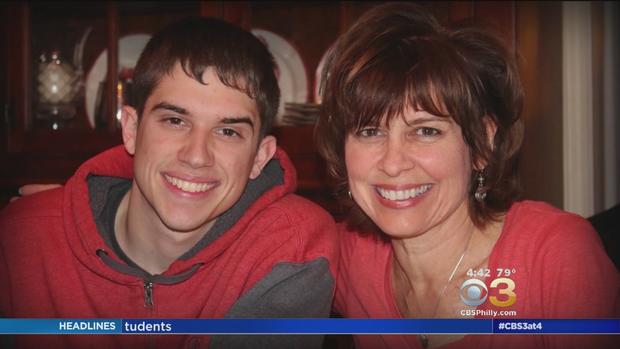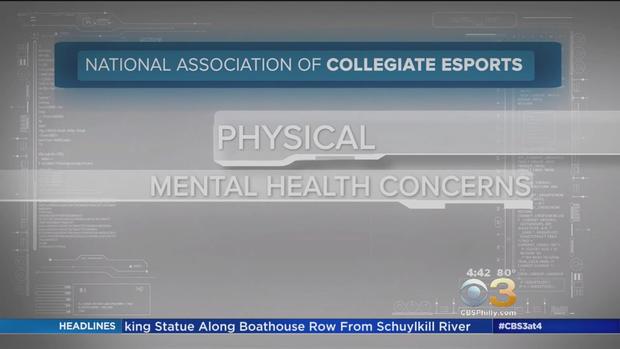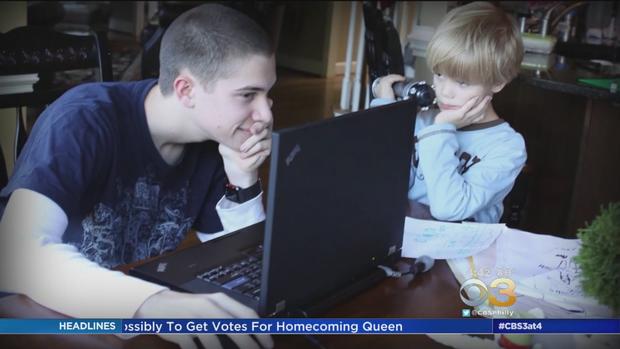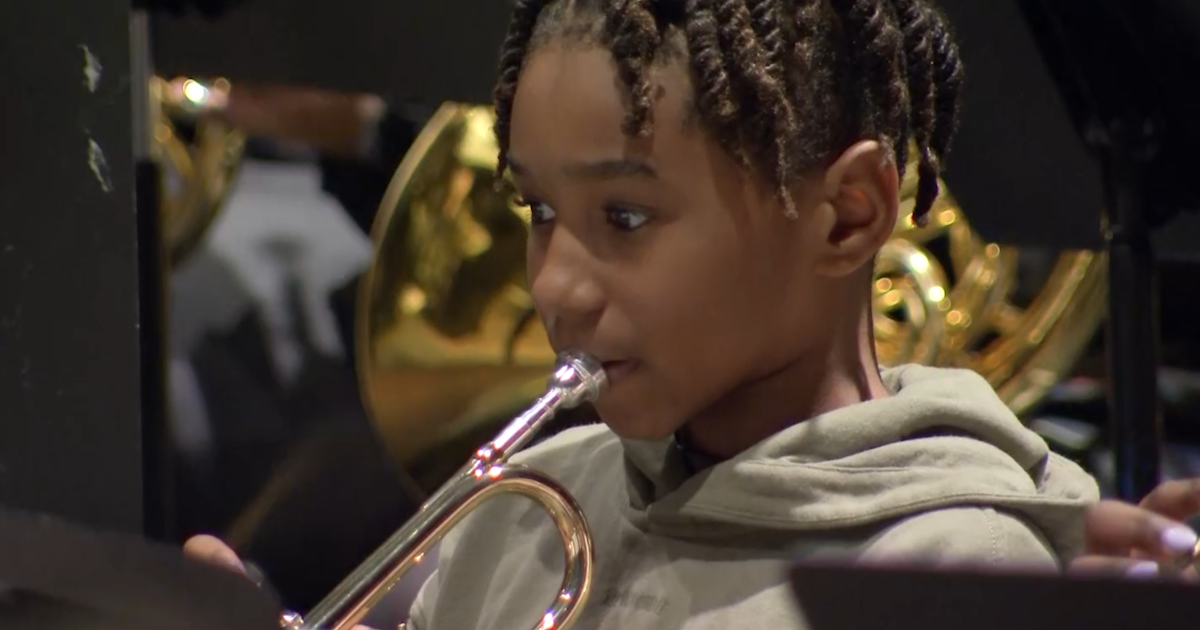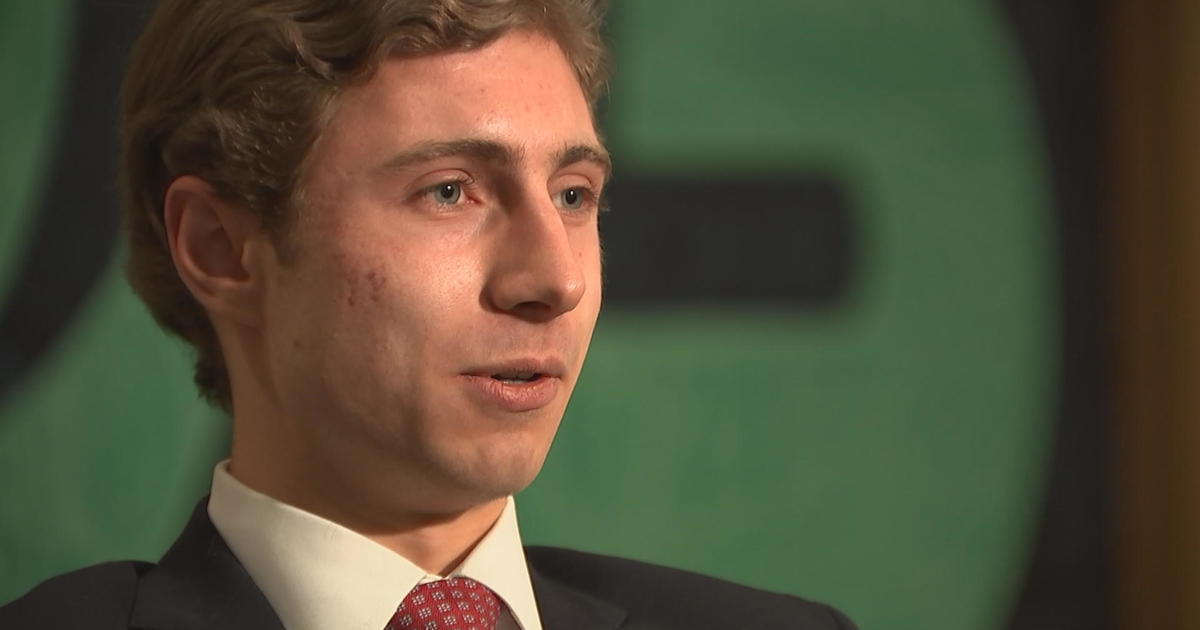Researchers Examine Video Gaming's Impact On Brain As Addiction Grows
Follow CBSPHILLY Facebook | Twitter
PHILADELPHIA (CBS) — Americans' new high-tech addiction to video games is growing and so are the concerns about potential dangers.
More than 150 million Americans are estimated to play video games with 60 percent of them doing so every day.
Robots Are Now Holding Job Interviews
Esports, or electronic sports, are especially big on college campuses. Now, researchers want to understand how all this gaming is impacting the brain.
Adam Brooker, 26, failed his freshman year in college after his gaming spiraled out of control.
"I would be laying in bed. I'd be like, 'Oh my gosh, like, I just, I can't. I just can't do it. I can't go to class. I'm just gonna play video games,'" explains Brooker.
Brooker's mother, Melanie Hempe, wasn't concerned at first because he excelled academically in high school.
"I thought college was gonna cure him from his hobby or his addiction, but it didn't cure him. It made it worse," says Hempe.
Esports exploded in popularity on college campuses across the nation, raising long-term physical and mental health concerns.
Processed Meats Linked To Breast Cancer, Says Study
To learn more about the impact, researchers at Ohio State University are wiring esport athletes up and performing EEG's and stress tests to find out what happens during gaming.
"We see some of their stress levels go up a little higher. We see their heart rates get up a little bit higher," explains James Onate, co-director of the Motion Analysis and Performance Lab at Ohio State's Sports Medicine Institute.
Psychologists say high school students who suffer from anxiety, depression, learning disorders or have a hard time turning the game off are most at-risk for gaming-related problems in college.
Teacher Making Students Lock Up Cell Phones To Increase Learning
"I knew that something was wrong. I was like, I can't keep doing this. And then the next day, I would wake up and I would do the same thing again," adds Brooker.
After five years in the Army, Broker is back in college at North Carolina State University.
He's hoping more research will help prevent those at risk from falling prey to video games like he did.
Preliminary research shows gamers might have some higher cognitive capabilities, such as better attention spans and a better ability to multitask.
